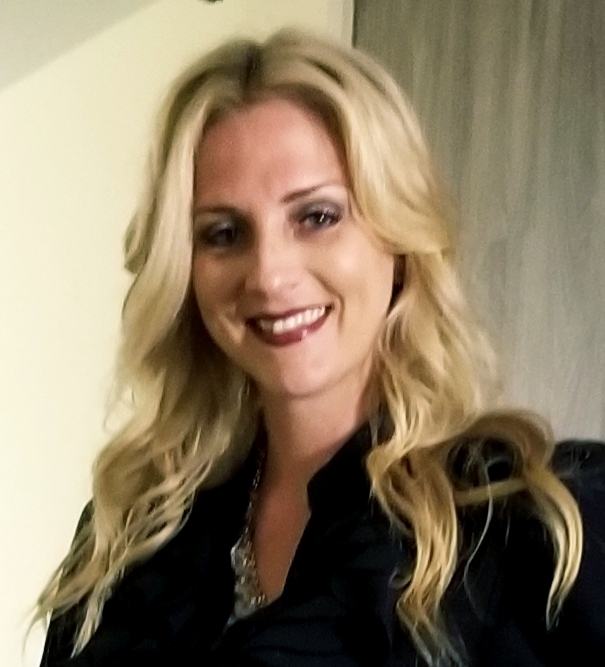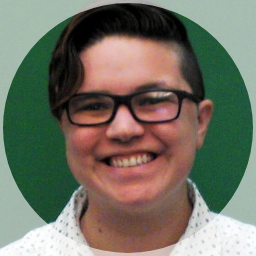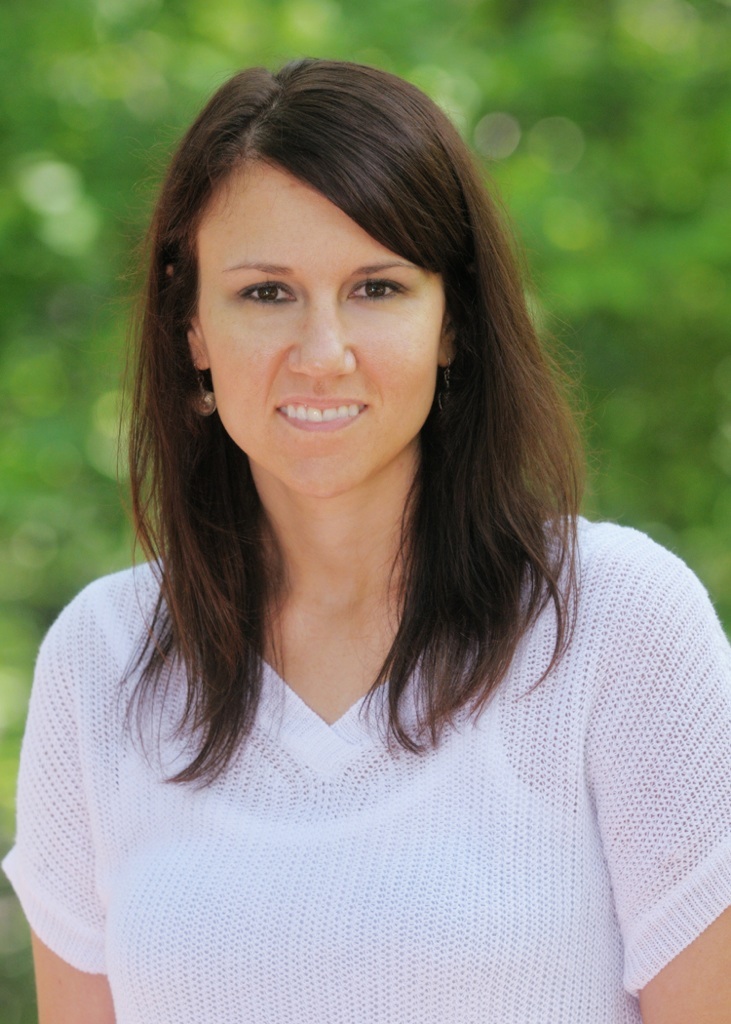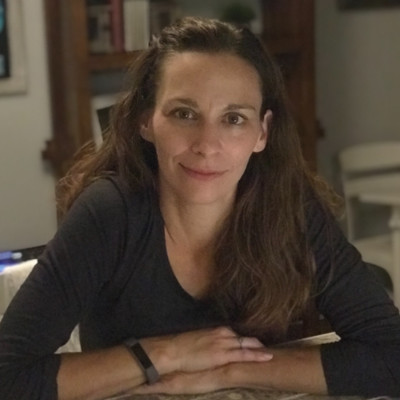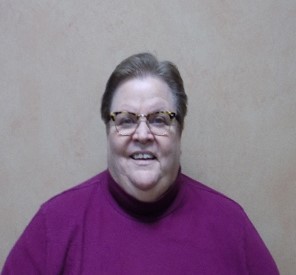Scott, Shari, MA, LCPC, LPC, NCC, CISD, TBH-BC
Shari Scott has served in the helping profession for over 18 years, with her early work including 12 years conducting investigations on allegations of child abuse/neglect with the State of Missouri Children’s Division. In 2011 she went to grad school and obtained a master’s degree in counseling two years afterward. Since then, she has worked in psychiatric emergency rooms, inpatient and outpatient at psychiatric hospitals, grief support centers, and private practice. Shari is currently licensed in Missouri and Kansas, nationally board certified, and maintains certificates in Critical Incident Stress Response, Mediation, and Tele-behavioral Health. Shari is currently working on a PhD with an emphasis on research and grief while she maintains full time work as a therapist in private practice in Kansas City. Shari specializes in grief and provides therapy to those who are struggling with the loss of a loved one due to suicide, homicide, child death, and sudden death. She also serves as a consultant to local schools who have suffered the loss of students to suicide by providing presentations and tips on managing grief reactions. When she isn’t working with grief, Shari enjoys speaking at seminars designed to teach the helping professional how to recognize and cope with signs of stress and burnout.
Presentation(s):
In the Aftermath of Pediatric Suicide: A Look at Before and After

